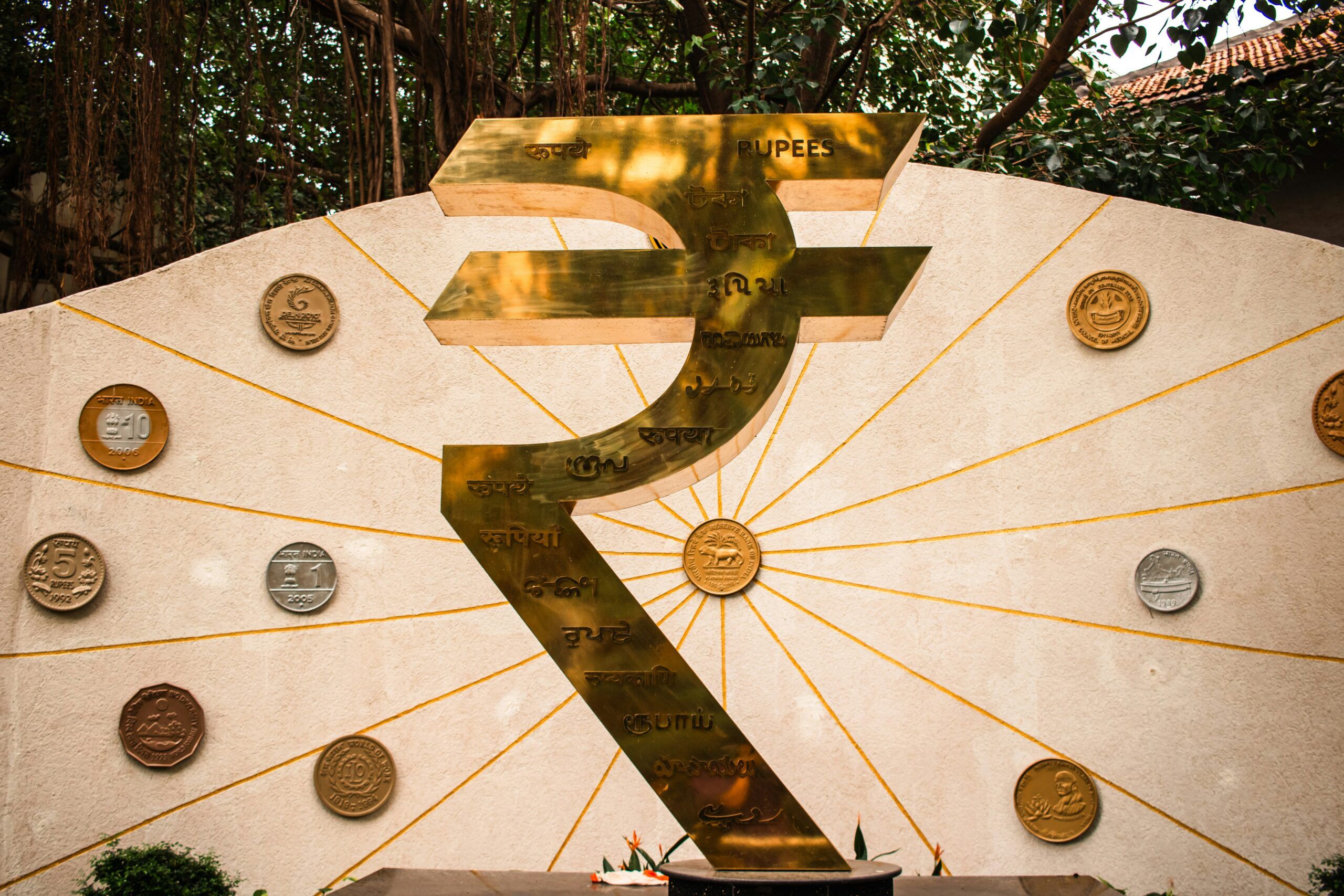
Indian Regulators Come Down Hard on India’s Options Market
Over the last five years, India’s equity derivatives* market has become the largest in the world, with a daily turnover (including options**) of circa USD 3 Trillion. India’s SEBI (the Securities and Exchange Board of India) has recently become concerned regarding this area of the market, where it feels that certain large participants have been allegedly using manipulative practices through the use of sophisticated technology, thereby gaining illegal profits and thus affecting the market’s integrity.
*Equity Derivatives – A derivative is a contract (e.g. futures, forwards, swaps and options) whose value is derived from the performance of an underlying asset for example, bonds, commodities, currencies interest rates, or in this case equities or stocks and shares. An equity derivative is a financial instrument which derives its value from the performance of the underlying stocks or shares and allows investors to gain exposure to the equity market without owning the underlying shares, and are widely used for hedging, speculation, and investment purposes.
**Options – A financial option is a contract that gives the owner or the holder the right but not the obligation, to buy or sell an underlying asset, (in this case equities, stocks) set at a specific price, (the strike price) on or before a certain date (expiration date). Options are a type of derivative meaning their value is derived from the underlying asset.
The SEBI are currently investigating an American company Jane Street Group over alleged irregularities manipulation of trades in the above market, but according to officials, (who wish to remain anonymous) the investigation will expand to cover wider markets. The markets being investigated are the Mumbai based NSE, (National Stock Exchange of India Ltd.’s) flagship gauge, the Nifty 50*, and BSE (Bombay Stock Exchange) Ltd.’s benchmark Sensex**. The SEBI flagged manipulated and fraudulent trades that mainly took place in the Nifty 50’s weekly options contracts and its underlying constituents in the cash market.
*Nifty 50 – This is India’s leading stock market index and represents the performance of the 50 largest and most liquid companies listed on the NSE. It serves as a benchmark for the Indian equity market and is used by investors and analysts to gauge market trends and the overall health of the Indian economy.
**BSE Sensex – Sensex stands for Stock Exchange Sensitive Index and is one of the oldest indices of India and consists of 30 stocks which are listed on the BSE and represent some of the largest corporations which are also the most actively traded stocks. The BSE is allowed to revise the listing periodically and this usually takes place twice a year in June And December. Sensex is crucial to investors as it gauges market movements and aids understanding in the overall sentiment of the economy and industry-specific developments.
Last week, on Friday, July 4th, 2025, the SEBI through an interim order announced they would be seizing Rupees 48,4 Billion (USD 570 Million) from Jane Street in what they said was unlawful gains made by the company. In consequence, and after an in-depth investigation, the SEBI has barred four Jane Street entities from accessing its securities markets including the confiscation of the aforementioned rupees. Furthermore, the SEBI have accused Jane Street of adopting an “Intraday Index Manipulation Strategy” whereby in early day trading the company aggressively bought constituent stocks and futures thereby pushing up the index, followed by aggressive selling later in the day where the trades were reversed.
The SEBI concluded that the trading actions employed by Jane Street lacked any economic rationale and were designed specifically to artificially move index levels to benefit their trading positions whilst at the same mislead other market participants. Headquartered in New York, Jane Street Capital employs more than 2,600 people in six offices in New York, London, Hong Kong, Singapore, Amsterdam, and Chicago and trades a broad range of asset classes on more than 200 venues in 45 countries. The company totally refutes the allegations.

Other facilities
IntaCapital Switzerland | Copyright © 2025 | All Rights Reserved